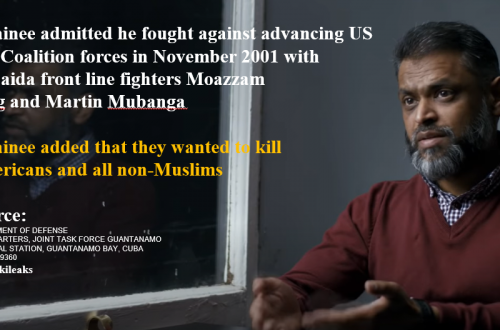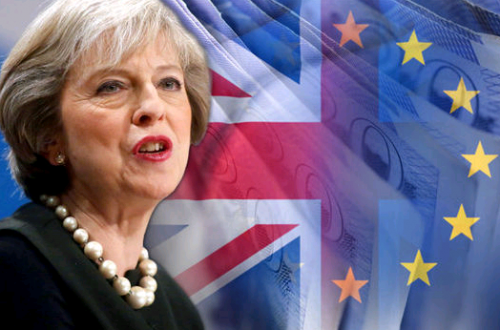Mladic claims he was defending Serbia during his expansionist genocidal drive to create a Greater Serbia. Mladic may well be held to account over his role in the Balkans, but what about isolationists in the UK who favoured “peace”. Over at Clive James’ site, there is a series of 4 articles by Francis Wheen written between 1998 and 2000. They are a good reminder about some of the positions held by those on the left and right in the UK during the conflict. Hearing David Owen pontificating on BBC News this morning, as though he was a voice of justice, was sickening.
Orwell would certainly not have fallen for the nonsense that one should remain impartial between the oppressor and the victim. ‘There is no such thing as neutrality in this war,’ he wrote in 1941, arguing that ‘if you don’t resist the Nazis you are helping them’. The same can be said of modern National Socialists in Yugoslavia. When Tony Benn and Diane Abbott set up the apparently neutral Committee for Peace in the Balkans four years ago, they claimed that their only purpose was to oppose external involvement in Bosnia and lobby for a continuation of the arms embargo. But the logic of this position was that Bosnia should become part of Milosevic’s Greater Serbia. It was therefore no surprise to learn that the founding supporters of the committee included not only Benn and Abbott but also Sir Alfred Sherman, who had spent the previous couple of years advising Radovan Karadzic and Ratko Mladic, the well-known war criminals and ethnic cleansing experts.
Again and again, in the last decade, those grandees who proclaimed their even-handedness – Douglas Hurd, Malcolm Rifkind, David Owen, Sir Michael Rose – proved in effect to be accomplices of Serb aggression by treating the Butcher of the Balkans as a reasonable statesman who should be indulged and flattered at every turn. Most have had the good sense to keep quiet since the bombing began – the notable exception being General Rose, who has used his Sunday Times column to contrast NATO’s ineffectiveness with his own triumphant record as head of the UN protection force in Bosnia, where he ‘succeeded in vastly reducing the level of slaughter and ethnic cleansing’. Oh yeah? Like so many people who ostentatiously declined to take sides, Rose failed to realize that the only beneficiaries of his inaction and spurious neutrality were Slobodan-Milosevic’s goon-squads.Douglas Hurd accidentally gave the game away in April 1993, when explaining why the arms embargo against Bosnia shouldn’t be lifted. Although ‘at first sight it seems an act of justice’, he said, in practice it would merely create a ‘level killing field’. The only possible inference to be drawn was that he preferred an uneven killing field, on which Milosevic provided the Bosnian Serbs with troops and weapons while the Bosnian government had to make do with whatever equipment it could buy on the black market or grab from captured enemy soldiers. Confirming this interpretation, Hurd said that allowing the Bosnians to defend themselves would ‘only prolong the fighting’. Hurd’s successor, Malcolm Rifkind, maintained this tradition pf appeasement-by-default. And as recently as January this year, Robin Cook told the House of Commons that although the massacre of Kosovar civilians in Racak was ‘a war crime’, the blame ‘lies with both sides’ – thus earning himself a rare tribute from Tony Benn, who praised the Foreign Secretary for ‘the balanced way in which he presented the background’.


